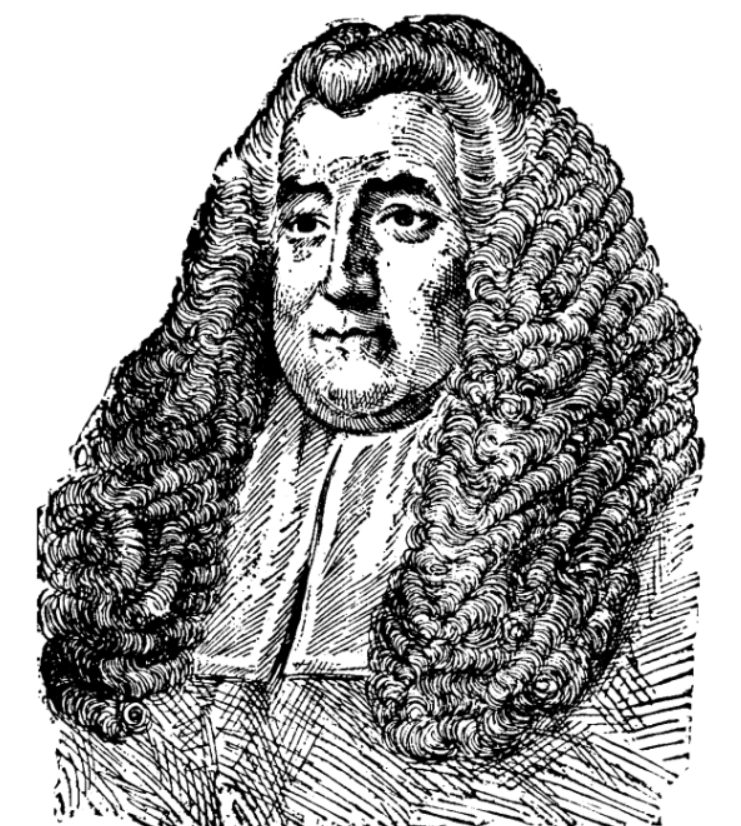- UNITS
- Unit 8 - Sir William Blackstone
- The Game of Words
- Prof. Quinn and Paul's Conversation
- Eloquence
- Latin Phrases
- Language Knots
- Test Corner
- LEARNING

♦ This introductory exercise aims to give you a feel for the sound and rhythm of the language, whilst presenting an overview of the maritime topic at hand. ♦ By reading and then listening to the accompanying audio, you’ll discover how words are pronounced and some simple sentence structures. ♦ Once you are comfortable with how the written and spoken words are connected, you’ll be ready to focus on keywords in the next exercise.
Sir William Blackstone
The English legal system differs from European equivalents in that it is based on accumulated customs. Although the English legal system was influenced by Roman civil law and canonical law, it is not based upon these two sources, as in Europe.
It’s perhaps for this reason that the body of English law is more scattered across cases and customs, than it is collected and codified into a single ordinance or legal code.
Many jurists have tried to collect and unify English Law into a single work of jurisprudence, and most, if not all, of these attempts failed. Henry de Bracton made one of the best attempts in the 13th century. The next great attempt at collecting and explaining English law was made by Sir William Blackstone in 1765 in his greatest work: Commentaries.
William Blackstone was born in London in 1723, the son of a silk merchant. His father died before he was born and his mother shortly afterwards. He was educated at Charterhouse School, and then Pembroke College, Oxford, where he focused on mathematics and logic. His academic ability led him into a fellowship at All Souls College at the age of 21, soon after he became a barrister, then a doctor of civil law, and then a judge of the Chancellor’s Court (an early English Court of Appeal).
He had several poor years of commercial practice in London. And so in 1757, after discussions with his friend Lord Mansfield, Blackstone decided to settle in Oxford and give lectures to students on English law. These were wildly successful, and were the first lectures of their kind, as only canon and Roman law had been taught anywhere in the UK before. He published several books analysing the English legal system, and was named Professor of Common Law, the first ever at the university. His success at Oxford led him to be elected to Parliament, appointed a High Court Judge, and eventually to be knighted. His political and judicial careers were unremarkable; his real success and legacy lies in the Commentaries.
Commentaries were a summary and synthesis of the English body of law as it stood in the mid-eighteenth century. The treatise held the cases, rules, and legal principles as discussed in his lectures, and was composed of four volumes focusing respectively on personal rights, property rights, tort (liability), and criminal law. The work is praised for its elegant style, readability, and its breadth of coverage, but is criticised for how it blurs some legal definitions, its use of the term ‘natural law’, and for how it presents English law as a unified, rational system. The criticism and the praise are two sides of the same coin: the English legal system was complex and resisted unification and simplification.
The readability of the work made Blackstone an intellectual celebrity. Today he is perhaps more well known in America than the UK, as the Commentaries were very influential for the Founding Fathers and in forming early American law. In the century after his death he was viewed as a legal conservative and was vilified by social reformers. This viewpoint resulted more from the nature of his work than his beliefs or his character. In summarising a legal system, Blackstone had to describe the past, more than pointing a way to the future.
